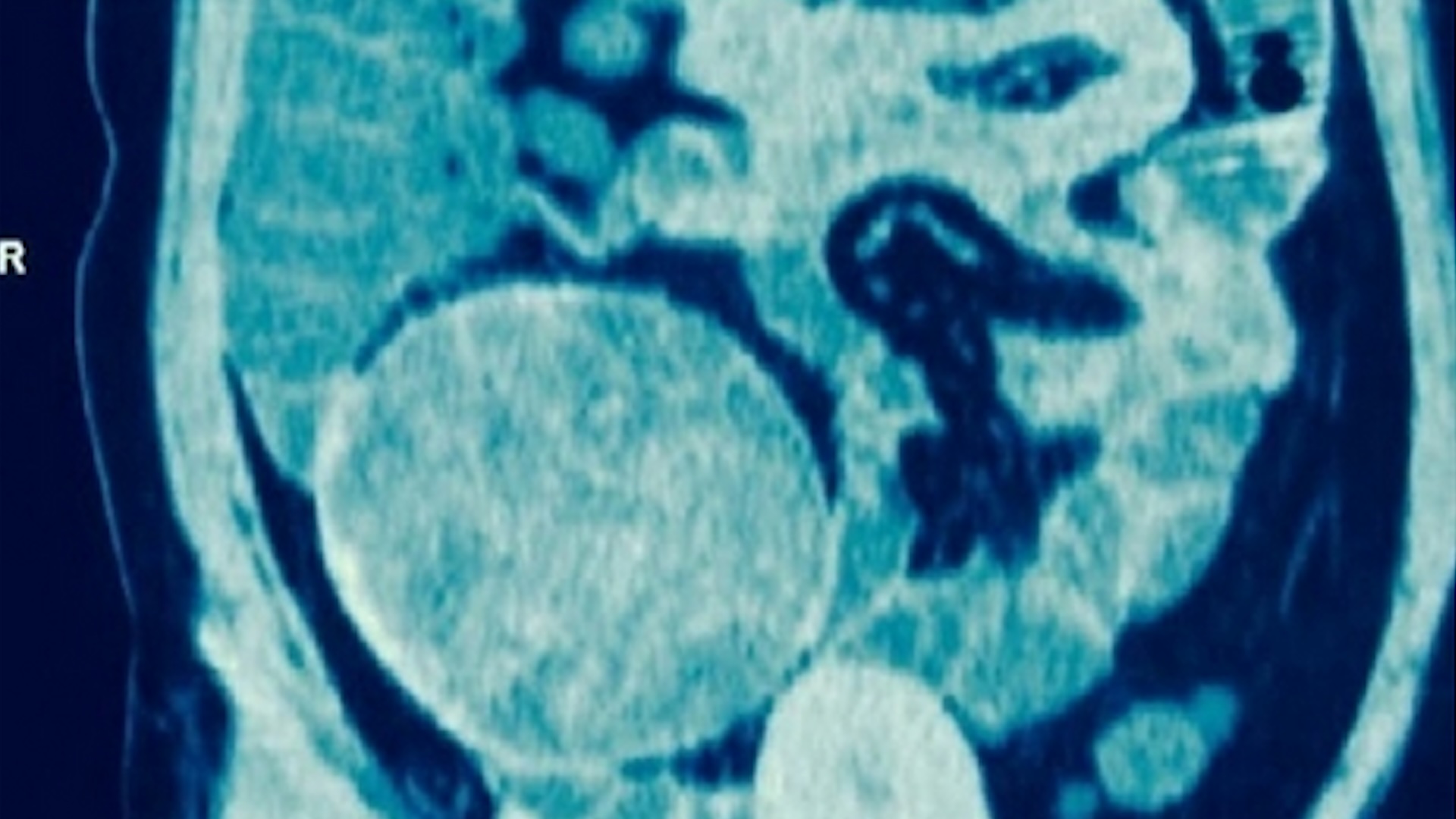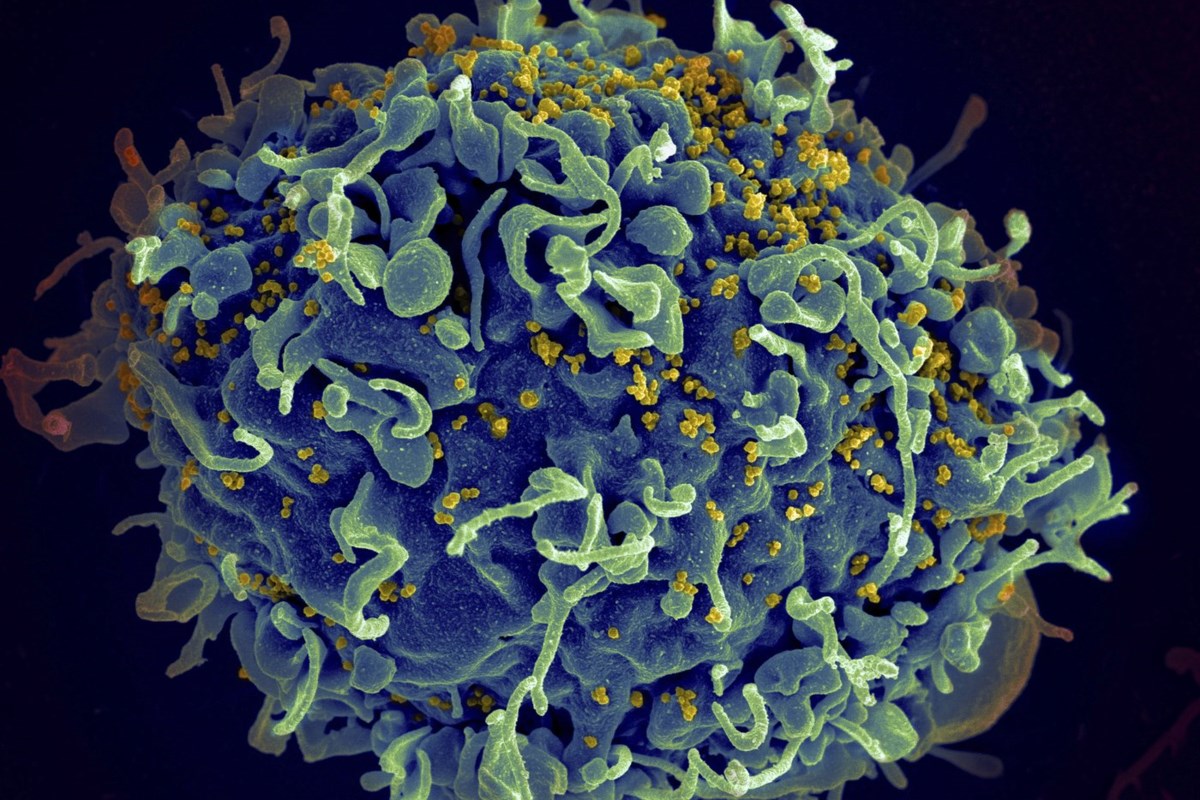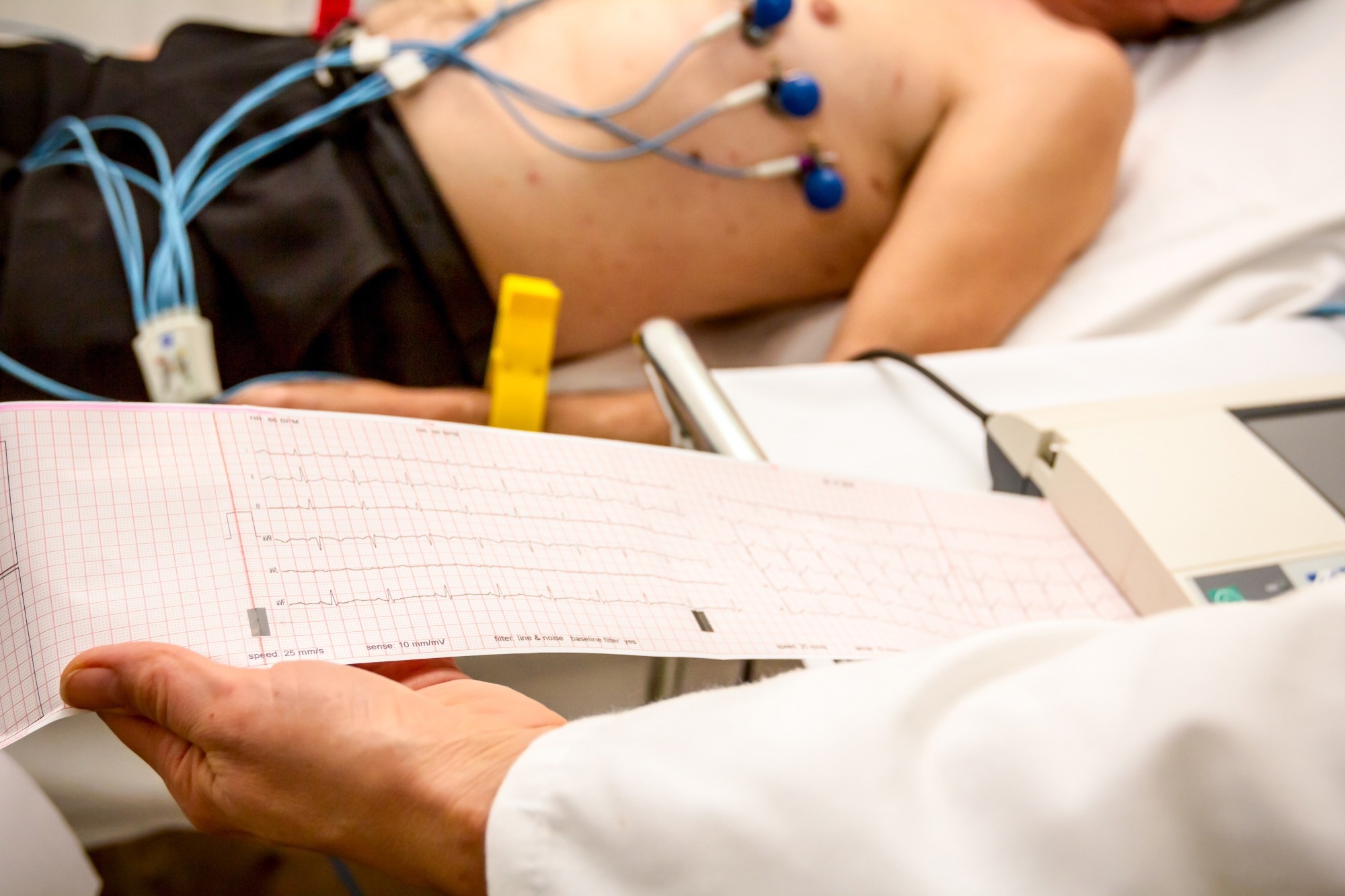Breakthrough IVF Technique Brings Hope to Families Battling Genetic Diseases

Imagine a future where the fear of passing on genetic diseases to your children becomes a thing of the past. That's the hope sparked by a groundbreaking IVF technique emerging from the UK.
In a world-first trial, eight healthy babies have been born in the UK using an innovative IVF method that significantly lowers the chances of inheriting genetic diseases from their mothers. The results, unveiled recently, have been lauded as a major scientific breakthrough in reproductive medicine.
Mitochondrial diseases are particularly insidious, affecting one in every 5,000 births with a range of symptoms from impaired vision to muscle wasting, and currently, they have no cure. Britain blazed a trail in 2015 as the first nation to authorize an IVF procedure that incorporates a small fraction of healthy mitochondrial DNA from a donor egg, combined with the mother's egg and the father's sperm.
Some have dubbed the resulting offspring as 'three-parent babies,' though this is somewhat misleading since only about 0.1% of the child's DNA is from the donor. Nevertheless, the findings from the UK trial, published in the prestigious New England Journal of Medicine, promise new hope.
From the 22 women who participated at the Newcastle Fertility Centre, eight babies were born, four boys and four girls, now thriving and aged from under six months to over two years. The technique succeeded in reducing disease-causing mutated mitochondrial DNA by 95-100% in six of the babies, and by 77-88% in the remaining two, keeping them below the harmful threshold.
Although one child experienced a heart rhythm disturbance, it was successfully managed, underscoring the importance of long-term monitoring. Esteemed Swedish reproductive expert, Nils-Goran Larsson, hailed the research as a 'breakthrough,' emphasizing its significance for families confronting devastating mitochondrial diseases.
Yet, ethical debates persist. The procedure's approval is limited, facing opposition from various quarters, including religious groups, due to the destruction of embryos, and concerns about paving the way for 'designer babies.' The UK's independent Nuffield Council on Bioethics played a crucial role in reviewing these ethical issues, allowing the research to proceed.
While the US and France remain cautious, focusing on the risk-benefit ratio, experts acknowledge the procedure's potential where traditional treatments fail. Despite only eight births so far, some scientists express disappointment, but the research continues to offer unprecedented reproductive possibilities.


















